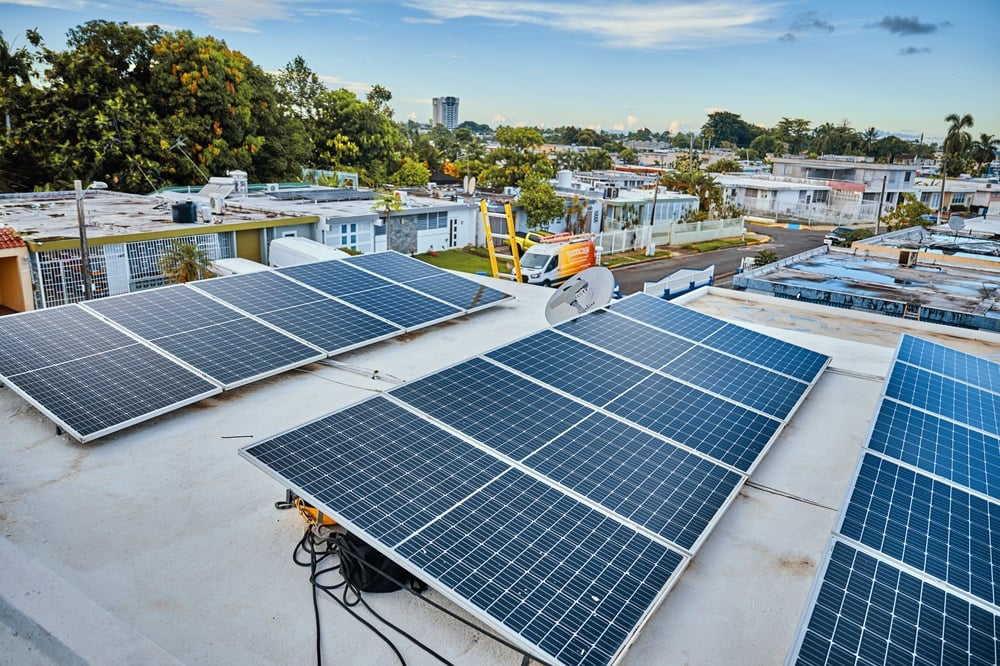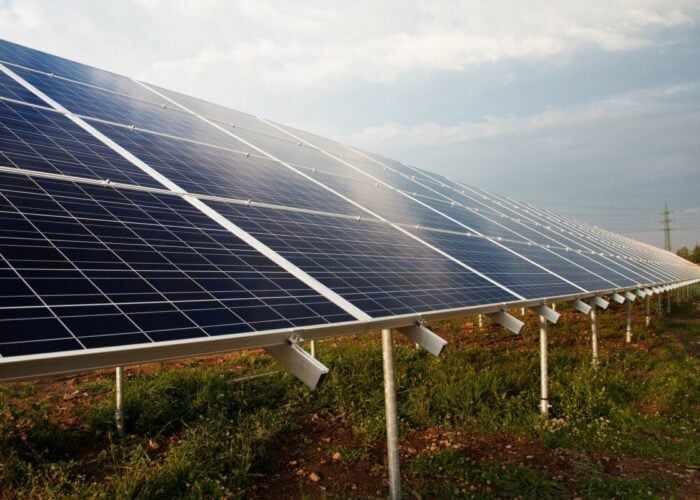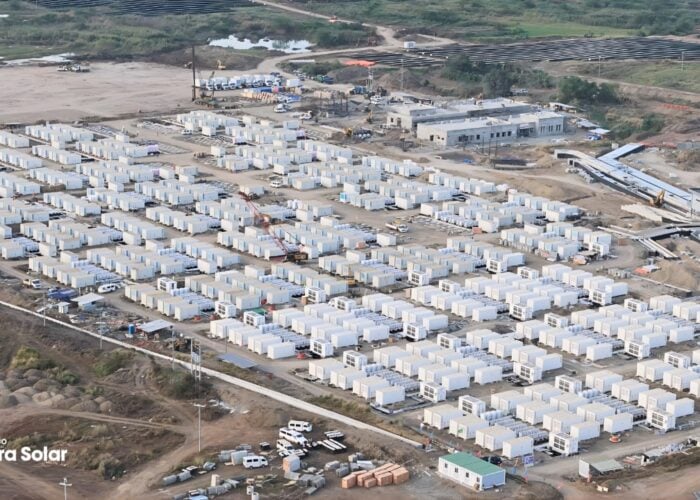
US residential solar installer Sunnova will slash around 300 jobs, reducing its workforce by roughly 15%, as the residential solar market continues to face uncertainty.
Sunnova said the job cuts are part of “an optimisation of its business aimed at streamlining its operations and prioritising its highest-value customer segments to drive efficiency and higher cash generation.” The cuts are forecast to contribute around US$35 million to annual cash savings.
Try Premium for just $1
- Full premium access for the first month at only $1
- Converts to an annual rate after 30 days unless cancelled
- Cancel anytime during the trial period
Premium Benefits
- Expert industry analysis and interviews
- Digital access to PV Tech Power journal
- Exclusive event discounts
Or get the full Premium subscription right away
Or continue reading this article for free
The company will double down its focus on “high-margin lease,” third-party ownership products, it said in a statement. Back in its Q1 financial report, Sunnova said it would focus more heavily on “lease and power purchase agreement (PPA) customers” as it saw its customer additions slide.
This was followed in Q3 by losses of US$52.5 million, an improvement on previous quarters (see graph below).
Sunnova said it is “positioning itself for long-term success in an evolving market environment characterised by persistently high interest rates and policy uncertainty.”
CEO William J Berger said: “We must always optimise within the current economic and policy landscape. To better position Sunnova for long-term success, we are taking proactive steps to streamline our operations while maintaining a strong foundation to support our valued dealer network and end-use customers. These decisions are never easy, and we recognise the impact they have on every member of the team.”
Sunnova is not alone among US residential solar companies reassessing strategies. SunRun saw a shift towards residential energy storage systems over the course of 2024 amid fluctuating revenues. Last year also saw long-time industry stalwart SunPower file for bankruptcy and ultimately sink after months of struggling to stay afloat.
Ongoing high interest rates puts pressure on distributed solar companies as the cost of a solar system becomes more restrictive for homeowners and businesses. Policy changes, led by California’s net metering scheme in 2023, have also reduced the adoption of residential solar, often in favour of energy storage.
Despite being one out of 50 states, California’s impact on the US residential solar market is profound. The Solar Energy Industries Association (SEIA) said that, even in Q3 2024, California was “driving” a projected 19% decline in US residential solar installations.
The change in US government has also introduced uncertainty around many of the incentives and federal support for solar and other low-carbon energy resources.






